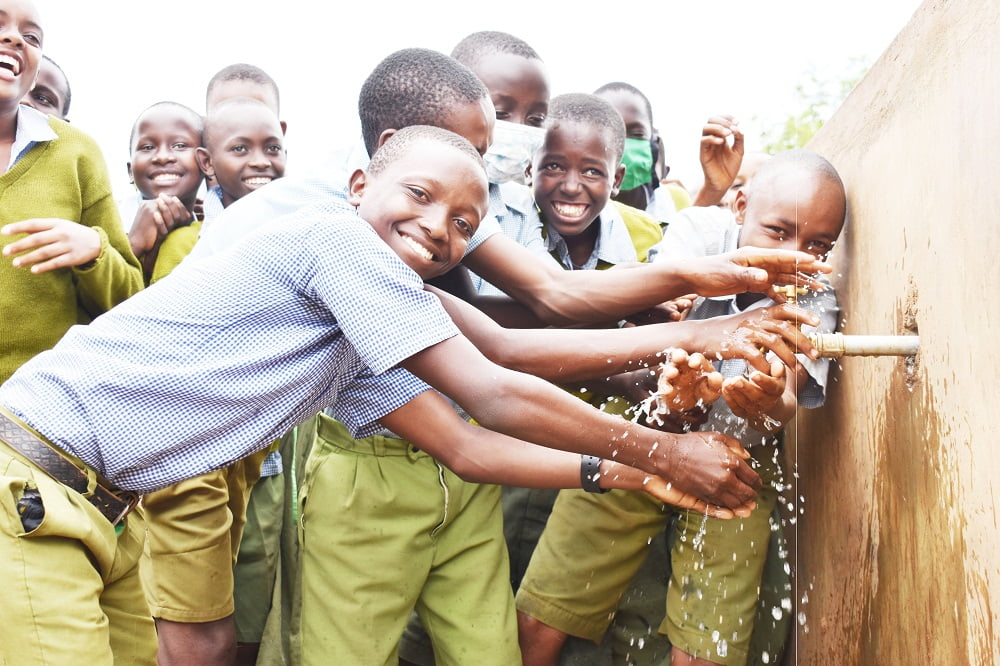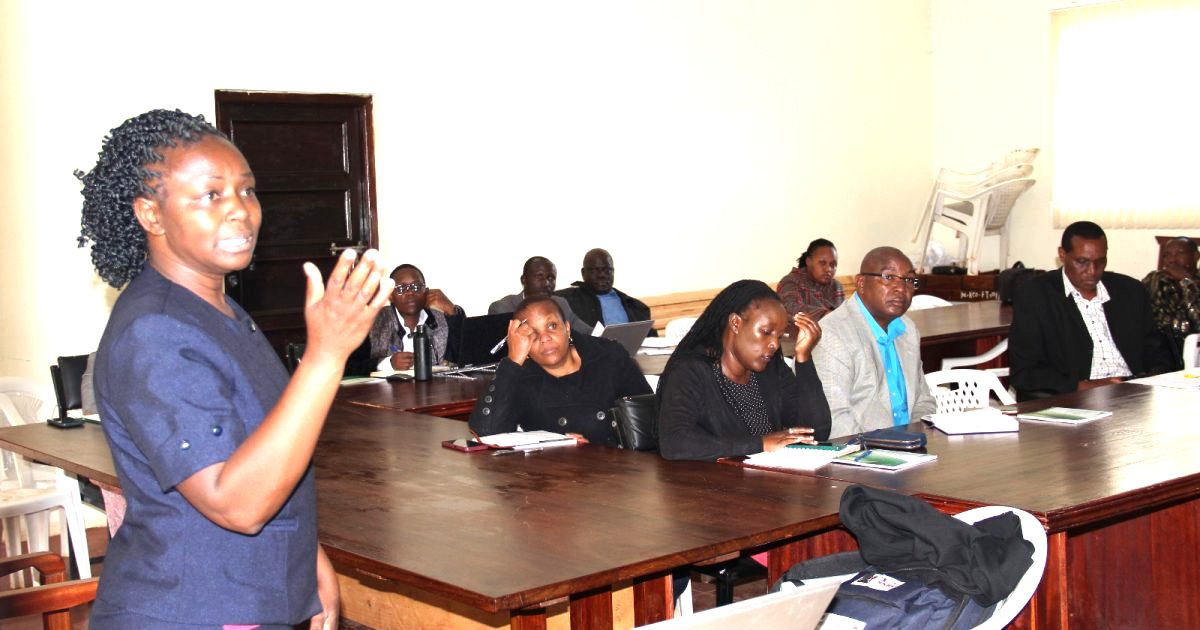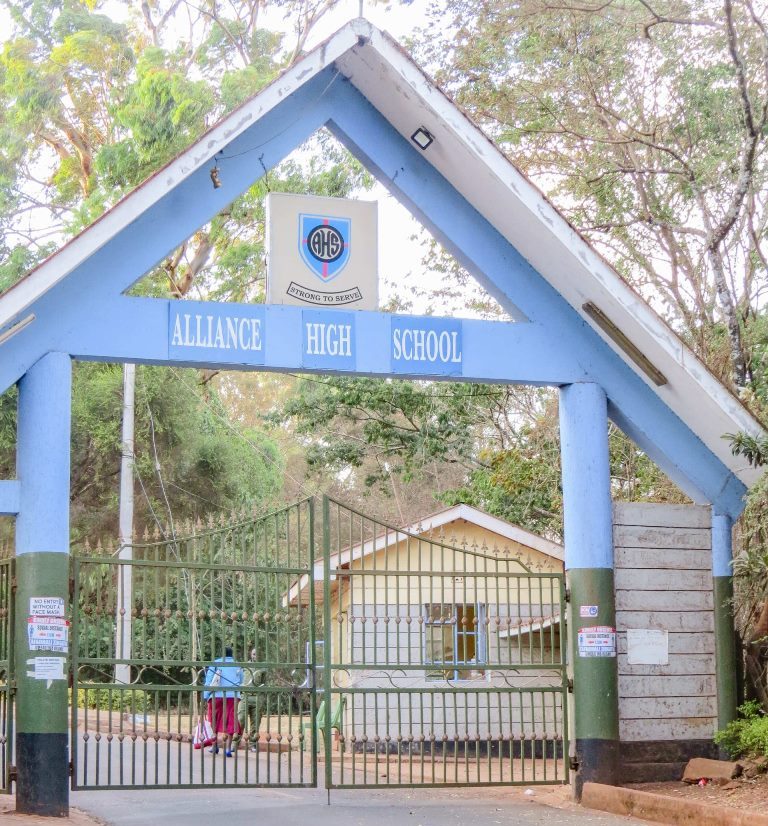By Hilton Mwabili
Before the Coast Development Authority(CDA) completed the construction of Phase 1 of the Sh.3.289 billion Chala Smallholder Irrigation Project in Taveta Sub- County, pupils at Nakruto Primary School used to carry 5-litre jerry cans of water each day to school for cooking, drinking and cleaning toilets.
Apart from the learners, over 15,000 residents of the area used to trek four kilometres to fetch untreated water from the Njoro Springs and those who could hire donkeys paid five shillings for a 20-litre jerry can.
But now for Peter Kabuki, the head teacher of Nakruto with over 200 pupils, the CDA-funded project is God-sent and a game changer for his learners and the local community.
‘’Before this project became operational, my pupils used to carry 5 litres of water for cooking their lunch, drinking and washing their toilets. Now they just walk five metres from their classrooms to the 10,000-litre water tank which has really revolutionized the standards of hygiene in our school,” remarked the excited Kabuki.
He further said that after the project became operational, the school has fully mitigated the outbreak of waterborne diseases since children drink treated water. It has also enhanced hygiene among the learners and enabled the school to start kitchen gardening and tree planting, besides exposing the children to hand washing which has helped the school keep Covid-19 at bay.

Happy pupils at Nakruto Primary School draw water from their school tank. Photo/Hilton Mwabili
For Joseph Mutungi Nzioka , a local quarry worker, water sold to them on donkey carts was very expensive but now they fetch the commodity from the various water kiosks near homes for two shillings and fifty cents only per a 20-litre container.
“This project has made life very easy for us because we have water kiosks everywhere,” said the quarry worker.
According to the CDA Managing Director Dr. Mohamed Keinan, besides supplying water to the local people, the project is also supplying water to the 190-acre Kasokoni Irrigation Scheme which has up-scaled horticultural farming in the area threefold.
Dr Keinan said that courtesy of the project, thousands of tonnes of bananas, onions, chilli, tomato, cassava , maize, beans, pawpaw, mangoes, cabbages, lemons and oranges are being produced by farmers at the Kasokoni irrigation scheme.
The MD further said that CDA spent Sh.45 million on the first phase of the project, which was secured from the National Treasury during the 2018/2019 Financial Year.
“Besides supplying water to smallholder farmers, the project is also undertaking domestic water supply to 7,000 people and 15,000 livestock,” said the MD.
He said water for the project is drawn from a 100-metre deep, 250-millimetre diameter borehole drilled near the hilltop Lake Chala which straddles the Kenya-Tanzania border.
The borehole, Keinan added, is equipped with a solarized pump with a discharge capacity of 35,000 litres of water per hour.
The MD added that the project supplies users at Kasokoni, Malukiloriti and Kitondoni, where CDA has built four water kiosks and made provisions for those who can afford to pump water to their homesteads.
“We have installed a 10,000-litre water tank at Kirimeri ECD centre. Other tanks of the same capacity are in Nakruto Primary School, Malukiloriti Secondary School and Malukiloriti Primary School. All the water kiosks are fitted with a 10,000-litre tank,” said the MD.
Dr Keinan said CDA had also constructed 6 cattle troughs and three others for sheep and goats, and rehabilitated other cattle troughs which had been neglected for some time at Kirimeri, Kasokoni and Malukiloriti villages.
“Our goal as CDA when we mooted this project was to increase food security through supplying water for irrigation and livestock production, and for domestic use to improve living standards of the people of Chala and Nakruto,” said Dr Keinan.
The Authority, the MD said, will also enhance catchment protection through management activities in Nakruto.
As cushion and support, CDA has given 51 farmers farm inputs including seeds, fertilizers and pesticides, trained 50 farmers on sound agricultural practices, formed a cooperative society and trained 50 Water User Association members on operationalization and maintenance of the Nakruto Water Resource.






